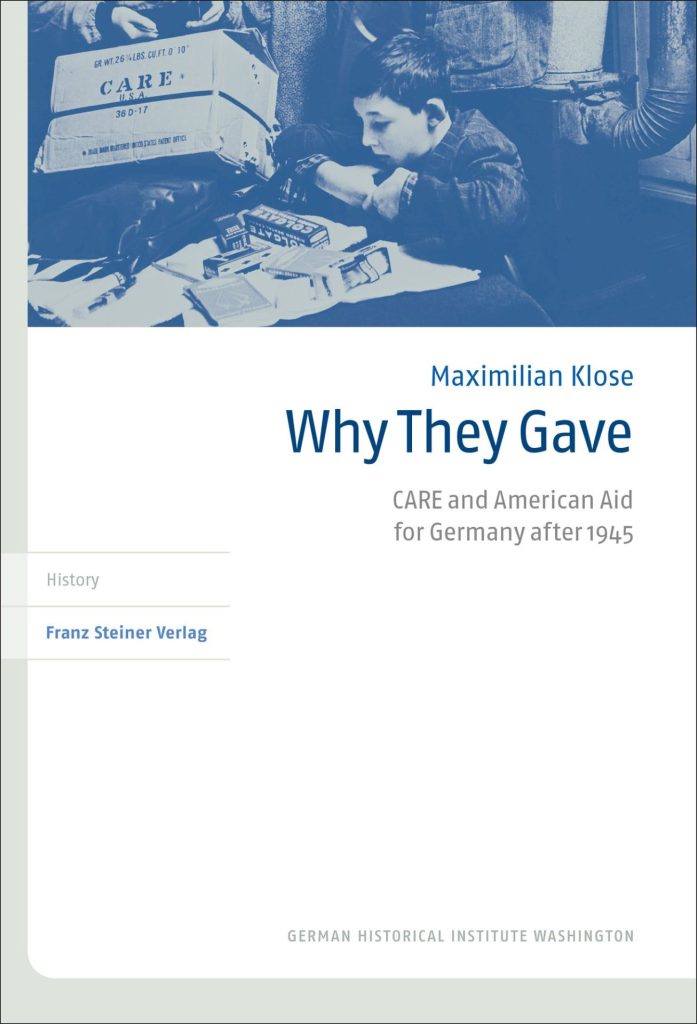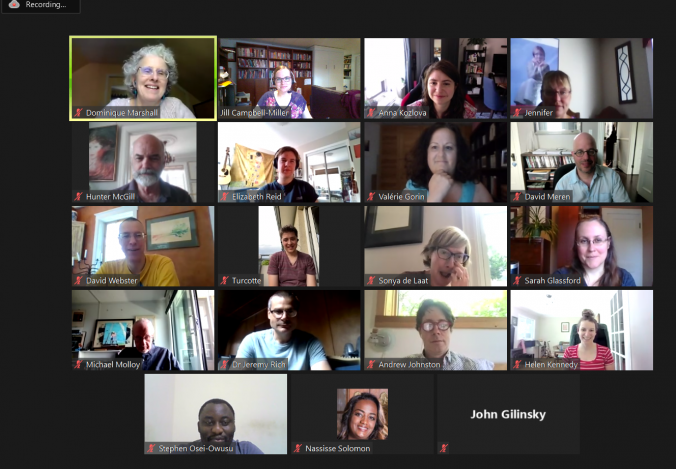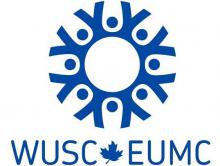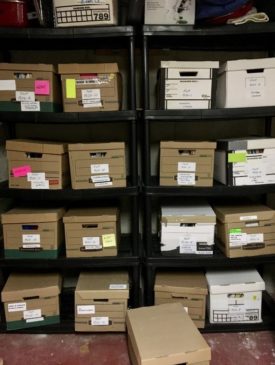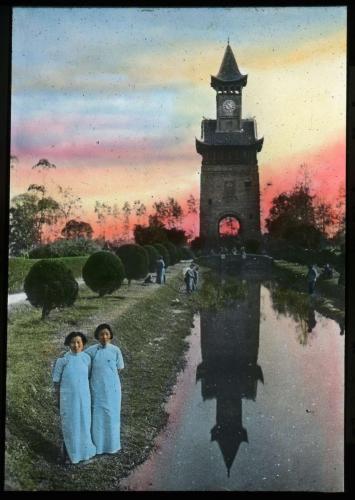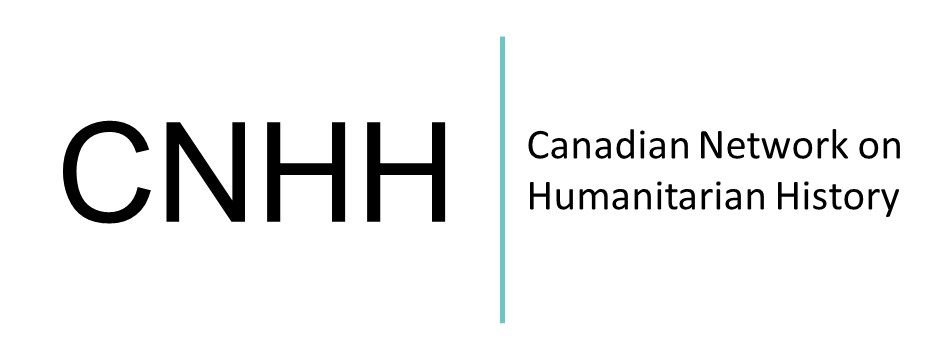
Fifteenth Bulletin of the CNHH, June 2024
CONTENT
- CNHH at Congress 2024, McGill University or virtual
- Round table on Local histories of famine relief – 18 June 2024, 10:30am-12:00pm. Zoom Meeting: https://mcmaster.zoom.us/j/93301139171 Meeting ID: 933 0113 9171 Passcode: 340020
- Annual general meeting – 18 June 2024 from 12:00-1:30pm. Zoom Meeting: https://mcmaster.zoom.us/j/96294456255 Meeting ID: 962 9445 6255 Passcode: 459674
- News from members
- Archives news
- Common initiatives from members
- Blogs & talks published by the CNHH
- Welcome to new members
I. CONGRESS 2024 MCGILL UNIVERSITY
CNHH ROUNDTABLE, ANNUAL GENERAL MEETING & OTHER NEWS
- Roundtable: “Local histories of famine relief: food, (in)security, justice and nature at the village/micro level”
- Format: Roundtable, hybrid format (online + in-person).
- Venue: McGill University, Montreal
- Date & Time: Tuesday, 18 June 2024, 10:30am-12:00pm
- Location: BRONF 340 and zoom: Join Zoom Meeting https://mcmaster.zoom.us/j/93301139171
- Meeting ID: 933 0113 9171 Passcode: 340020
- Chair: Dominique Marshall
- Description: Humanitarian agencies have long tackled questions of food (in)security. In doing so, they have largely contributed to contemporary conceptions of the causes and remedies of famines, to the making of a vocabulary around food security, and to the construction and the dissemination of the main representations of famine. This panel explores practices of famine relief at the village/micro level on three continents, by international and local agents. Furthermore, it discusses the convergence and divergence of ideas between humanitarian workers, about governance of food production and delivery, about healthcare and debility, and about climate and nature. The panel will compare how they leveraged these assumptions to accomplish their missions in four different micro-contexts.
Panelists:
- David Webster, Historian, Bishop’s University and Rogerio Savio Ma’averu, independent researcher, Timor-Leste, Famine, Aid and Strategies For Resilience In Timor-Leste Villages, 1975-79
- Nassisse Solomon, Western University, “Village-to-Village”: Micro-initiatives with large-scale impact in Canadian Engagements with The Ethiopian Famine of 1984-88.
- Sonya de Laat, Research Associate, McMaster University, Dearth and Detail: Re-viewing Historical Images for Great Understanding of Causes and Responses to Food Security Crises
- Machia Désiré, Enseignant permanent d’histoire-géographie-Education à la Citoyenneté et à la Morale, CES DE NKASSOMO /MINESEC, La diplomatie humanitaire suisse en Afrique centrale : dimensions locales, rétrospective et prospective
- The Annual meeting of the CNHH will take place 18 June 2024 from 12:00-1:30pm. Join in person or online. In-person location: ARMST 255.
- Join Zoom Meeting https://mcmaster.zoom.us/j/96294456255
- Meeting ID: 962 9445 6255 Passcode: 459674
- Special guest: Yvon Pomerleau (see Archives News below)
- The passes for the picket lines are available here: https://d15k2d11r6t6rl.cloudfront.net/pub/90gk/77askscd/5uq/6js/jrf/PICKET%20PASS_1.jpg
- The map of CHA activities on McGill campus is available here: https://cha-shc.ca/wp-content/uploads/2024/05/CHA-AM-2024-map-with-Concordia.pdf
II. NEWS FROM MEMBERS
Maximilian Klose has a new monograph on the history of the organization CARE and its work in postwar Germany. Here is the link to the website: https://biblioscout.net/book/10.25162/9783515136563. It is an open access publication, so anyone can download it for free.
Synopsis:
Maximilian Kloses’ first book, Why They Gave: CARE and American Aid for Germany after 1945,appeared in the Transatlantic Historical Studies series of the German publishing house Franz Steiner in June 2024. Focusing on the US organization CARE, the study investigates why Americans were more likely to give humanitarian aid to their recently defeated enemies than to their allies or to the victims of Nazi aggression. Embedding a diverse selection of case studies in the social, cultural, and political debates of the early postwar era, the study finds that these acts of giving were much more than altruistic deeds. In fact, donors used humanitarianism for their own purposes. Some gave to people who reflected their own worldview and sense of importance, or who could strategically advance their power on either side of the Atlantic. Others supported causes they considered essential to the progress of German-American relations in the early Cold War. In all cases, humanitarianism was at least as much about the donor as it was about the recipient.
The book is an open access publication and can be downloaded for free, using this link: https://biblioscout.net/book/10.25162/9783515136563.
He also has a recent journal article in the Journal of Contemporary History. Here is the link: https://doi.org/10.1177/00220094241241054 .
The article “Molding Heritage Through Humanitarian Aid: German-Americans, Nazism, and Debates on Postwar German Suffering and Guilt” (Journal of Contemporary History, May 2024) investigates how US-Americans of German ancestry used humanitarian aid to Germany after World War II to deliberate their individual notions of heritage amidst the recent violent past of the land of origin. It looks at the rhetoric used by the leaders of German-American heritage organizations and both ethnic and non-ethnic humanitarian agencies. The article finds that these groups employed debates on German postwar suffering and the idea of the Germans being Hitler’s ‘first victims’ to circumvent any accusation of potential German public complicity. They did so not because their German origin subjected immigrants to much public hostility in the United States the way it had during the First World War, but rather because the Nazi atrocities threatened to taint their understandings of Germanness and heritage. By portraying fascism as an outside force that was not inherently German but that had preyed on Germanness from the outside, immigrants could resort to humanitarian aid as a means of rehabilitation that did not support the perpetrators but the victims of World War II.
CNHH members Sonya de Laat, Nassisse Solomon and Dominique Marshall have been awarded the CHA Collaboration Fund for 2024-2025 with colleagues Arsenii Alenichev, postdoctoral fellow at ITB Belgium, and Valérie Gorin from the Geneva Centre for Humanitarian Studies. Their project is to mount an exhibition aimed at engaging a wider public with important information on the historical sources generative AI tools learn from. Building on previous scholarship on histories of aid iconography (de Laat & Gorin) and their experience with exhibition curation, and scholarship on histories of international humanitarian aid (de Laat, Gorin, Solomon, Marshall), the exhibition includes exploration of the promise and pitfalls of generative AI and global health images that Alenichev has recently reported on. Virtual and physical exhibits will be displayed at collaborating institutions through early 2025.
From member Jonathon Zimmer, a PhD student in the Department of History at Queen’s University:
I am currently working to complete my field requirements, which will allow me to major in Canadian twentieth century history and minor in North American (Canada/U.S.) humanitarian history. As part of the program at Queen’s, the assessment for my minor field was to design a new course syllabus based on my many readings. I defended this syllabus last month, and I was hoping to perhaps share the news of my minor field topic. I have attached my mock syllabus which is the very first I have ever designed and perhaps one of the few that are dedicated specifically to humanitarian history! The mock course description is as follows:
“History 000/000 examines the relatively understudied history of humanitarianism in both the United States and Canada in the twentieth century. Topics for discussion include the relationship between philanthropy and nongovernment organizations (NGOs), the emergence of humanitarianism as a theory, the impact of humanitarianism and North American national aid agencies, the historical objectives associated with aid policy, distinctions between Canadian and American approaches to aid, how individuals can affect the aid-giving process, and how historical structures (primarily set in the Cold War) can help to inform our own understanding of giving aid today.”
From John W. Foster, Justice Studies, University of Regina:
One of the remarkable publications of the past year is Canada-Chile Solidarity: Testimonies of Civil Society Action, edited by Liisa L. North (Toronto, Novalis, 2023) 280 pp. Based on the extensive collection of church, labour, solidarity and personal documents compiled by the Latin America Working Group (LAWG) and located at York University. “Its pages offer gripping testimonies of the individuals and organizations that led solidarity” Details of the sustained advocacy which led to significant changes in Canadian refugee policy and the break down of resistance to refugees from the bloody 1973 coup d’etat against the government of President Salvador Allende. Included are voices from some of the refugees who came to settle in Canada and contribute to Canadian society.
Dominique Marshall is preparing an online MA seminar for the Fall of 2024 on the history of Disability, Capability and Debility in the history of Canada, which will include modules on humanitarian relief, war, maiming, humanitarian aid, and design. Graduate students of all disciplines are welcome.
III. ARCHIVES NEWS
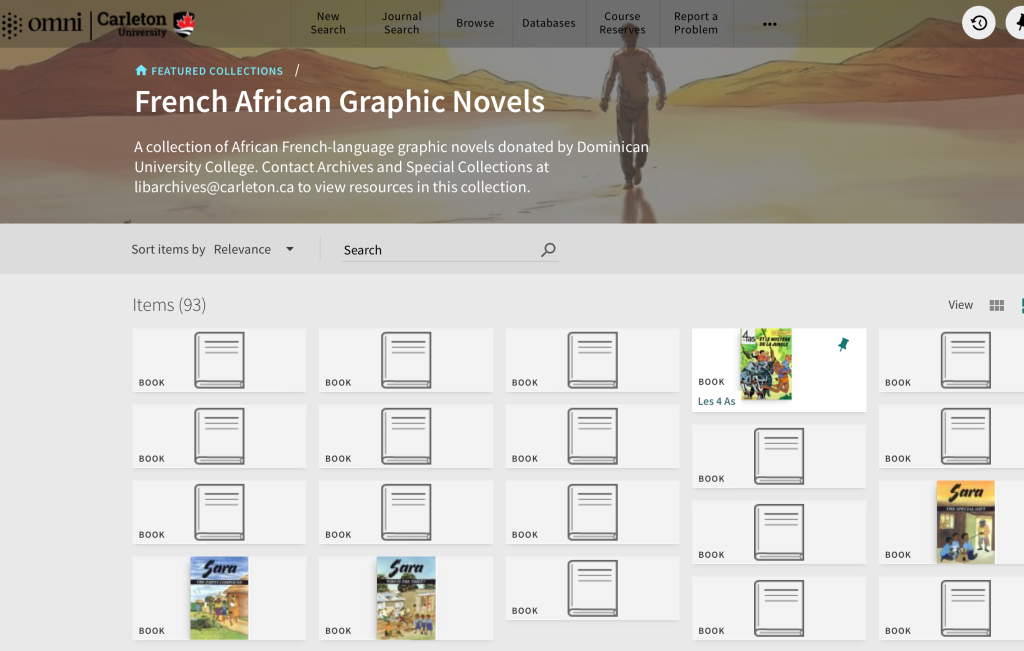
In the Winter of 2024, Carleton University Archives and Special Collections acquired a collection of French African Graphic Novels donated by the Dominican Brother and missionary in Rwanda Yvon Pomerleau. The catalogue can be seen here: https://ocul-crl.primo.exlibrisgroup.com/discovery/collectionDiscovery?vid=01OCUL_CRL:CRL_DEFAULT&collectionId=81457465220005153
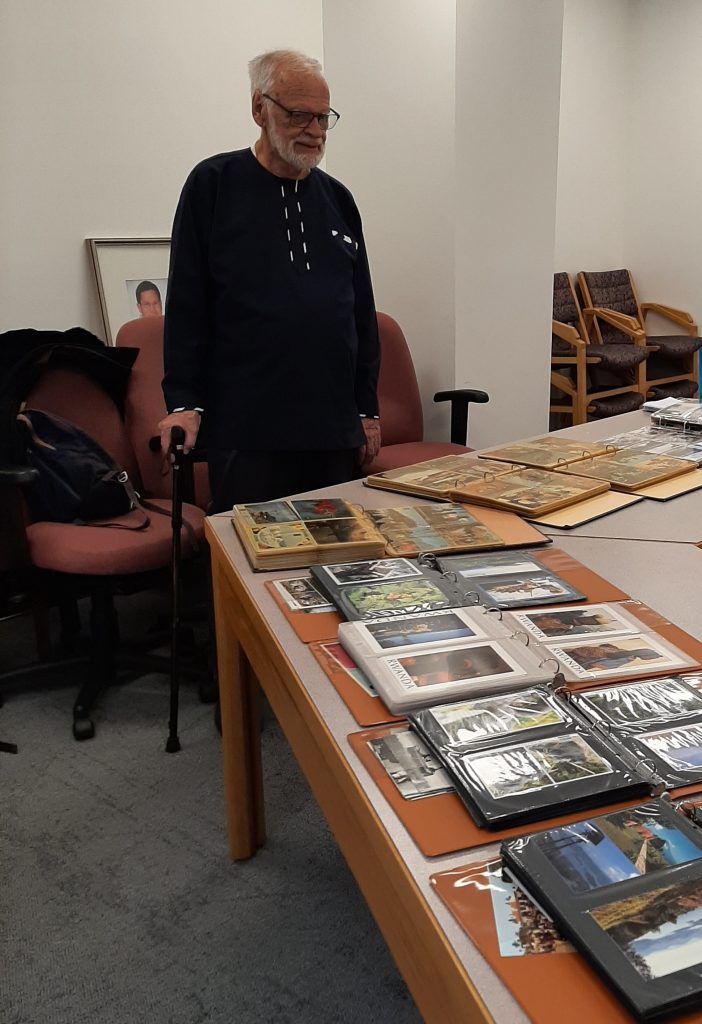
We have invited Pomerleau to join the annual meeting of the CNHH in Montreal.
IV. COMMON INITIATIVES FROM MEMBERS
Sarah Glassford, Dominique Marshall, Chris Trainor and David Webster wrote an article together entitled “Creating Development Archives ethically from an over-developed country: Promises and dilemmas of the Canadian Network of Humanitarian History (2013-2024), with the assistance of Eve Dutil. It was submitted this Spring 2024 to the Revue internationale des études du développement. The basis of this reflection was the roundtable the CNHH hosted in 2023 at Congress on archives of development.
V. BLOGS & TALKS PUBLISHED BY THE CNHH SINCE THE LAST BULLETIN (November 2023)
Jonathon Zimmer, “Top 5 Reads on the Historical Role of Media in the Ethiopian Famine Crisis of 1984”, 13 February 2024. From the series “Essential Reads in the History of humanitarianism.”
Jill Campbell-Miller, “Essential Reads on the history of Development”, 9 November 2023. From the series “Essential Reads in the History of humanitarianism.”
Contribute! If readers of the CNHH Bulletin would like to contribute to the “Essential Reads” series, or on any other subject relevant to our membership, please contact Sarah Glassford: Sarah.Glassford@uwindsor.ca . We would be thrilled to feature your reading recommendations, or your thoughts and experiences on other CNHH topics!
VI. WELCOME TO NEW MEMBERS
The full list of members is on the CNHH website.
If you haven’t followed the CNHH on Twitter, please do so!
Feel free to tag us in your announcements, and we will retweet!
@AidHistoryCan
Sonya de Laat, Bulletin Editor
Copyright © 2024 Canadian Network on Humanitarian History, all rights reserved.

